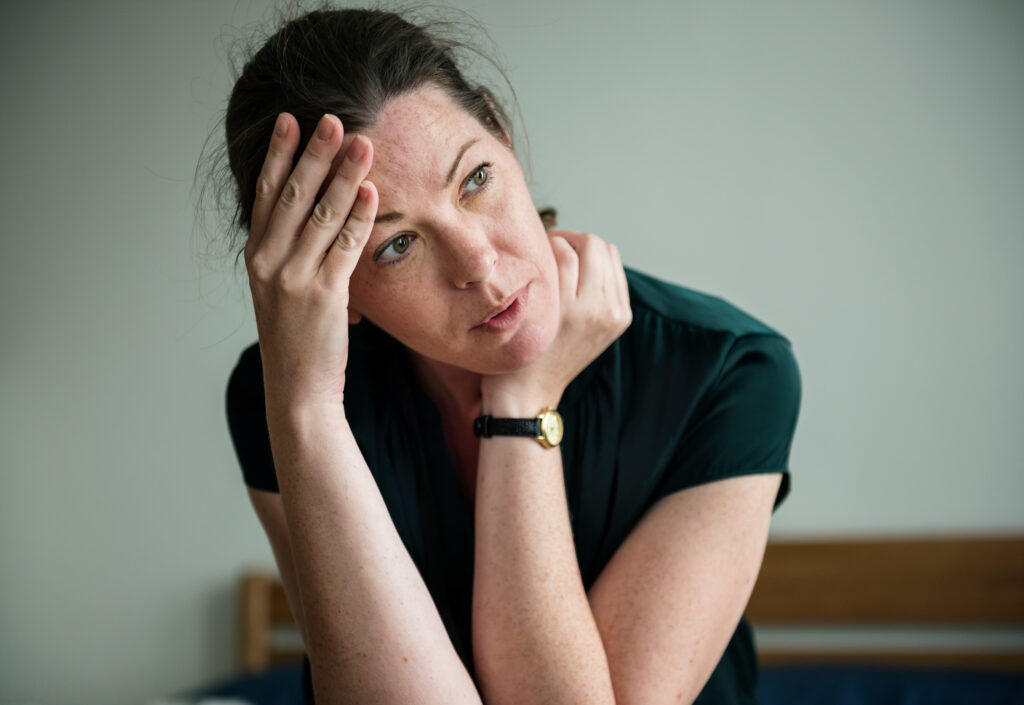Believe it or not, there are two words in every language that should be considered the most dangerous in the world. With just over 700,000 words in the English dictionary, there are plenty of potential suspects.
In the era of Trump and global warming you would be forgiven for thinking they might be ‘launch missiles’ or ‘climate change’. The reality is, however, that the two words in question are far simpler and seemingly insignificant.
Simple words with great power
Despite their simplicity, they possess profound power. They have the ability to inspire, to challenge and to catalyse positive change.
They are the essence of Martin Luther King Jnr’s earth-shaking ‘I have a dream’ speech. Every piece of great (and not so great) fictional writing, song-writing and movie-making started with them. They were the driving force behind the likes of Mother Theresa, Winston Churchill and Maya Angelou.

However, as every superhero/comic book fan knows well, the power to do great things comes with a risk of them being used for something darker. That is the problem with these two words. And in case you have not worked it out yet, the two words are ‘what if’.
The darker side of ‘what if’
Imagine for a moment a ‘what if’ thought in the mind of a ‘born worrier’ or someone dealing with anxiety. For them, it will often turn towards something depressing.
‘What if’ accelerates the mind through multiple scenarios, decisions and outcomes; a single thought leading, almost endlessly, to successive bleak results. In their mind, a single thought can hurtle them hours, days, months and even years into an increasingly bleak future.
Consider this example of what happens in the mind of someone that struggles with anxious thoughts. Imagine for a moment that you are struggling with your workload in your job and have missed a deadline:
What if the boss thinks I’m rubbish at my job? What if they decide I can’t hack it? There were rumours recently about cutbacks – what if they use this to get rid of me? We can’t afford our mortgage payments if I lose my job. What if I can’t get a new job? What do I do when our savings are gone? What if my partner can’t handle it all? What if they leave me?
The unpleasant side of ‘what if’
This thought process can happen within a matter of minutes or even a few seconds and with it comes all the attendant emotions of what it would be like to be in each of those situations.
A thought creates a feeling – good or bad – and that feeling is experienced even if it is a thought about something yet to happen. Though the body does not physically pass through these imagined scenarios in real time, both body and mind experience a sort of compressed reality. In this example, the emotions of several weeks/months are experienced in a matter of a few minutes.
Why ‘what if’ can be so exhausting

For mind and body that is an absolutely exhausting experience. We are not built to live through several hours – let alone days or weeks – of emotions in a matter of minutes. This is why anxiety has the potential to drain and, if left unchecked, debilitate an individual.
If you are experiencing anxiety and constant worry that is negatively impacting upon your health and wellbeing, it is important that you speak to your doctor. In the interim, there are some things you can do to reduce the impact of ‘what if’.
Focus on facts
The power of ‘what if’ comes partly from assuming thoughts to be true. This is often based on very little in the way of actual evidence. One way of reducing its impact is to focus your mind – and therefore your thoughts – on facts.
Using the example from earlier, the facts of the situation might be as follows:
- Prior to this moment, you have been a model employee
- Your boss has never raised any issues at appraisals in the past
- There is nothing concrete to indicate job losses are going to happen
- Right now you have a job, an income and savings in the bank.
Reviewing these truths compared to the assumptions of ‘what if’, the situation looks far more positive. It can be helpful to write these truths down so you can refer back to them if/when ‘what if’ thoughts re-emerge.
Stay grounded in the present
Grounding, staying in the present and mindfulness are different ways to describe a simple concept: basically considering and thinking only of the things of the moment. Instead of beating yourself up over the past or worrying about the ‘what if’s of the future, focus on what is happening right now.
By staying focused on the present, another part of the power of ‘what if’ can be reduced. Returning to our earlier example, we cannot undo the missed deadline. Similarly, we cannot predict what tomorrow will bring or what our boss might decide.
We can, however, focus on today which might mean learning what we can about why we missed the deadline. Taking that and applying it to our work today, in order to do the best job you can.
Mindfulness classes, meditation and guided meditation – audio tracks by the likes of Jon Kabat-Zinn – can be helpful in building your ability to stay grounded in the present.
Control what you can control
What gives anxiety its ‘punch’ so to speak are the associated feelings of helplessness and lack of control. When our focus is drawn to that – instead of what we can actually control – the feelings of worry intensify.
By focusing on what you can control, you take back control. Again using our earlier example, the individual can control what they learn from the situation. They can focus on the present, staying grounded in the facts of the present. Similarly, they can choose to be proactive and speak to their boss, rather than waiting for something that may never happen.
Start living for today instead of worrying about tomorrow
We spend a lot of time these days worrying about tomorrow, and when tomorrow comes, we are already worrying about the next day. Put simply, yesterday cannot be revisited or changed. Tomorrow does not exist beyond plans and intentions, therefore it is a waste of time, energy and creativity to try and second-guess it.
As Martin Luther King Jnr and Mother Theresa demonstrated, that time and energy could be much better spent looking at life positively and inspiring others.
Follow The Spark on Twitter and Facebook or find out more about The Spark Counselling.

